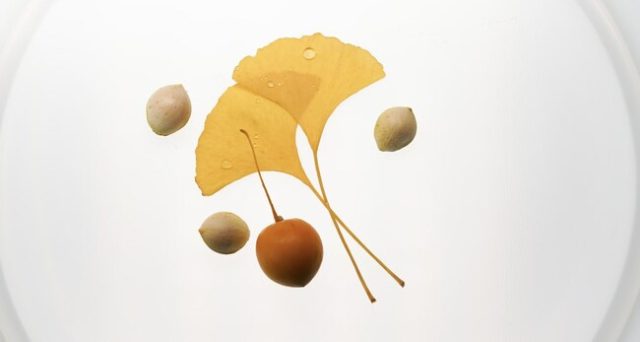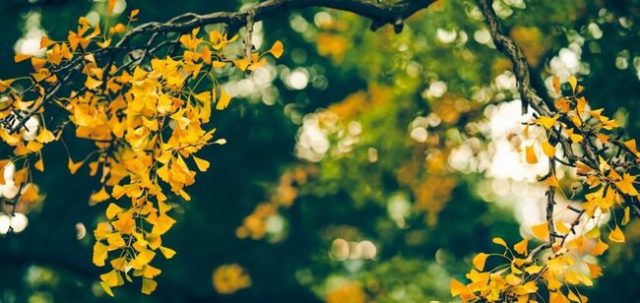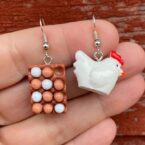
A recent large-scale scientific study has provided promising evidence regarding the efficacy of a traditional Chinese herbal remedy derived from ginkgo biloba in aiding the recovery of stroke victims. The study, conducted on 3,163 stroke survivors in China, demonstrated that intravenous injections of ginkgo diterpene lactone meglumine (GDLM), a combination of active components from ginkgo biloba, improved early recovery of thinking skills following an ischemic stroke caused by a blood clot. Despite ginkgo biloba being a widely used treatment in China for ischemic strokes due to its antioxidant properties, it has not been approved for medicinal use by the U.S. Food and Drug Administration. The findings of this study may prompt a reevaluation of the herb’s potential in stroke recovery.

The ginkgo biloba compound injections, administered within 48 hours of a stroke, led to improved cognitive scores compared to a control group receiving a placebo. After 90 days, those who received the ginkgo biloba injections showed even greater cognitive improvement. Associate Professor Anxin Wang, the lead researcher, highlighted the neuroprotective effects of GDLM, including the expansion of brain blood vessels, improved brain cell tolerance to oxygen deprivation, and increased cerebral blood flow. The study’s positive results, particularly in enhancing cognitive function after ischemic stroke, suggest that further research and confirmation in additional trials could position GDLM injections as a potential treatment for stroke survivors.














